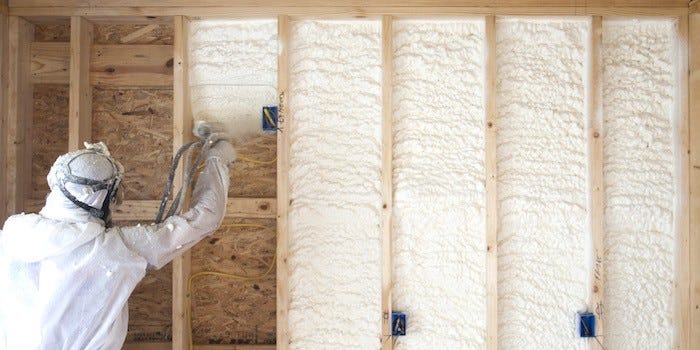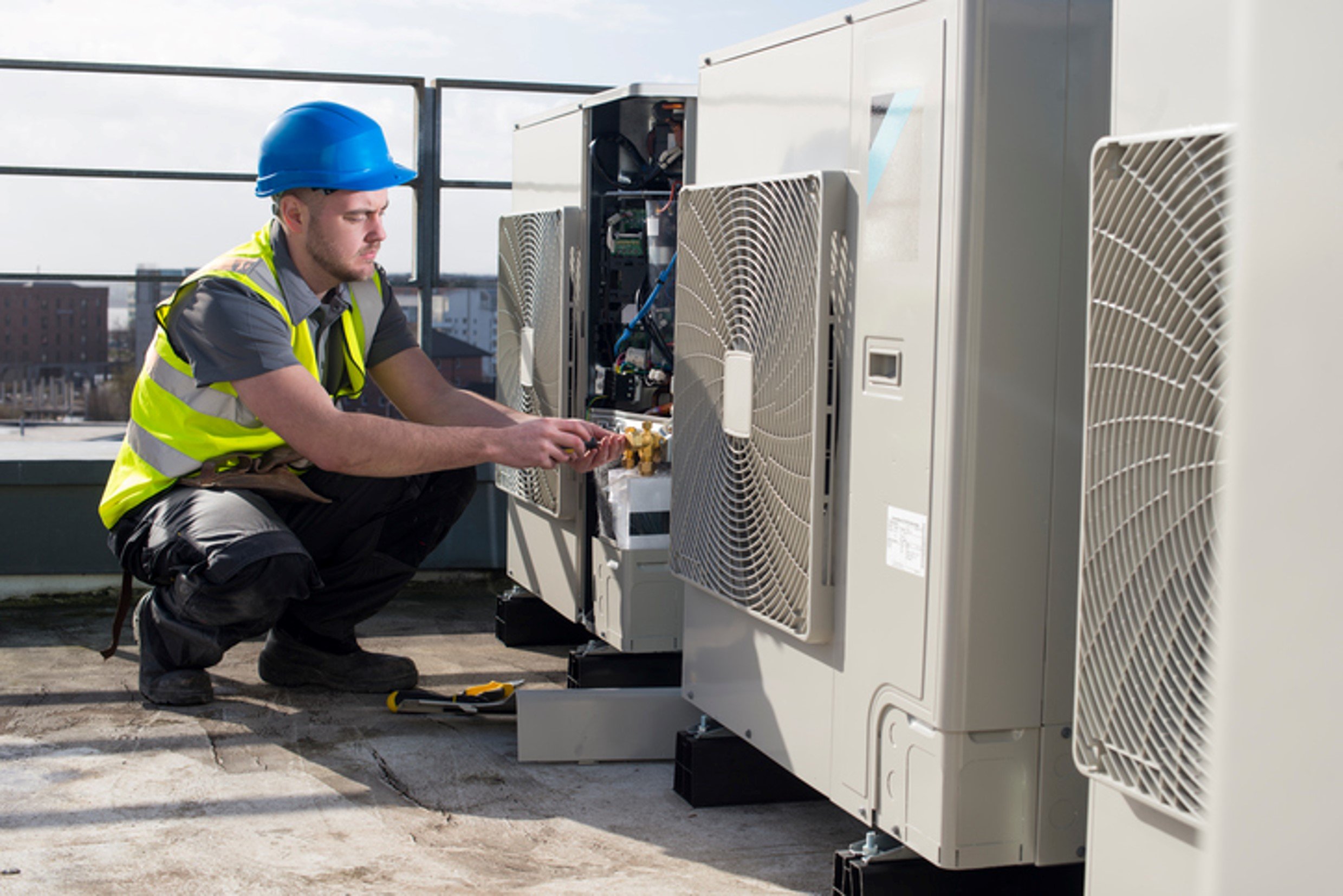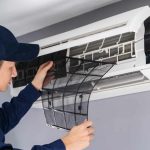
Commercial Insulation Contractors: Boosting Efficiency and Comfort in Your Business
Commercial insulation plays a vital role in improving energy efficiency, enhancing indoor comfort, and reducing operational costs for businesses. Commercial insulation contractors are experts in providing tailored insulation solutions for various commercial properties, including offices, warehouses, factories, and retail spaces. Proper insulation not only helps to maintain a consistent indoor temperature but also lowers energy bills, reduces noise, and ensures a more productive environment for employees and customers alike.
Why Insulation is Essential for Commercial Buildings
1. Energy Efficiency and Cost Savings
Commercial buildings require effective insulation to maintain energy efficiency. Poorly insulated buildings can lose significant amounts of heat in the winter and gain excess heat in the summer, leading to higher energy consumption. Proper insulation helps stabilize indoor temperatures, reducing the need for constant heating or cooling and resulting in substantial energy savings for your business.
2. Enhanced Comfort for Employees and Customers
Comfortable working and shopping environments are critical for employee productivity and customer satisfaction. Insulating walls, ceilings, floors, and even HVAC systems in commercial buildings helps create a consistent indoor climate, minimizing drafts, temperature fluctuations, and discomfort during extreme weather conditions.
3. Noise Reduction
In commercial settings, noise control can be just as important as temperature regulation. Insulation provides soundproofing that reduces noise transmission between rooms and from outside sources, creating a quieter, more focused work environment. This is particularly beneficial for offices, educational facilities, hospitals, and retail stores.
4. Moisture and Condensation Control
Commercial insulation helps prevent moisture buildup and condensation within walls and ceilings, which can lead to mold growth, structural damage, and poor indoor air quality. By properly insulating your building, you can protect it from potential damage and maintain a healthy environment.
Types of Insulation Used in Commercial Buildings
1. Spray Foam Insulation
Spray foam insulation is commonly used in commercial buildings due to its excellent air-sealing and moisture-resistant properties. It expands to fill gaps and cracks, creating a continuous barrier that helps prevent air leaks and provides thermal resistance. Spray foam is ideal for insulating large areas like warehouses or buildings with irregularly shaped spaces.
2. Fiberglass Insulation
Fiberglass insulation is available in batts, rolls, or loose-fill forms and is often used in commercial buildings for walls, ceilings, and attics. It provides effective thermal insulation and soundproofing and is an affordable option for many commercial properties.
3. Rigid Foam Insulation
Rigid foam insulation panels are highly durable and moisture-resistant, making them suitable for insulating exterior walls, roofs, and foundations in commercial buildings. They offer high thermal resistance and help improve energy efficiency in areas prone to moisture, such as basements and mechanical rooms.
4. Reflective or Radiant Barrier Insulation
Reflective or radiant barrier insulation is commonly installed in attics and roofs of commercial buildings to reflect heat away from the building, reducing cooling costs in warmer climates. This type of insulation is especially beneficial for buildings exposed to intense sunlight, such as warehouses and manufacturing facilities.
5. Mineral Wool Insulation
Mineral wool insulation, also known as rock wool or slag wool, is a fire-resistant and sound-absorbing material. It is commonly used in commercial buildings for its thermal, acoustic, and fireproofing properties, especially in areas requiring enhanced fire safety standards.
Choosing the Right Commercial Insulation Contractor
1. Experience in Commercial Projects
When selecting a commercial insulation contractor, it’s essential to choose a company with experience handling large-scale commercial projects. Commercial buildings often require more complex insulation solutions than residential homes, and an experienced contractor will be familiar with the specific challenges of commercial installations.
2. Industry Certifications and Licensing
Ensure that the contractor is licensed and holds certifications from reputable industry organizations, such as the Insulation Contractors Association of America (ICAA) or the Building Performance Institute (BPI). These certifications demonstrate that the contractor adheres to industry best practices and standards for quality and safety.
3. Customization for Business Needs
The insulation needs of a commercial property can vary depending on the type of business, building structure, and energy goals. Look for a contractor who offers customized solutions tailored to your specific needs, whether you’re insulating a retail space, office building, or industrial warehouse.
4. Detailed Assessment and Estimate
A professional contractor should conduct a thorough assessment of your building’s insulation needs and provide a detailed estimate that outlines the cost of materials, labor, and any other related expenses. This assessment should consider factors such as energy efficiency goals, budget constraints, and the specific insulation challenges of your commercial property.
5. Strong Reputation and References
Research the contractor’s reputation by reading online reviews, asking for client references, and checking their portfolio of completed commercial projects. A reputable contractor with a history of successful installations will be more likely to deliver quality work that meets your expectations.
The Commercial Insulation Installation Process
1. Consultation and Energy Audit
The insulation process begins with an initial consultation, during which the contractor assesses your building’s insulation needs. This may include conducting an energy audit to identify areas of energy loss, such as poorly insulated walls, roofs, or HVAC systems. Based on the findings, the contractor will recommend the best insulation materials and techniques for your building.
2. Insulation Removal (if needed)
In some cases, old or damaged insulation will need to be removed before new insulation can be installed. The contractor will safely remove and dispose of any outdated insulation materials while preparing the space for the new installation.
3. Insulation Installation
Once the building is prepped, the contractor will install the insulation according to the plan agreed upon during the consultation. This may involve spray foam, batts, rigid foam panels, or a combination of materials, depending on the specific needs of your building.
4. Final Inspection and Testing
After the insulation has been installed, the contractor will conduct a final inspection to ensure everything has been properly installed and meets energy efficiency standards. They may also perform tests to verify that the insulation is providing the desired thermal resistance, moisture control, and soundproofing.
5. Post-Installation Review
After the project is complete, the contractor should provide you with a post-installation review that explains the improvements made and offers advice for maintaining your building’s insulation. This may also include recommendations for additional energy-saving measures, such as upgrading windows or sealing air leaks.
Conclusion
Hiring a qualified commercial insulation contractor is essential for improving the energy efficiency, comfort, and durability of your commercial building. Whether you’re insulating a new construction project or upgrading an older property, a professional contractor can provide customized insulation solutions that meet the unique needs of your business. By investing in proper insulation, you can reduce energy costs, enhance indoor comfort, and create a more sustainable and productive environment for your employees and customers.







